Latest eBooks
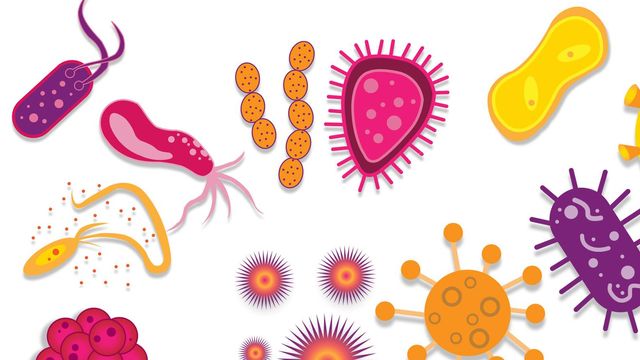
eBook
Microplate-Based Assays in Microbiology Research
Microplate-based assays offer key features dedicated to the optimization and success of microbiology analyses. They can deliver highly accurate and reproducible results in real-time, making them a more efficient alternative to traditional techniques.
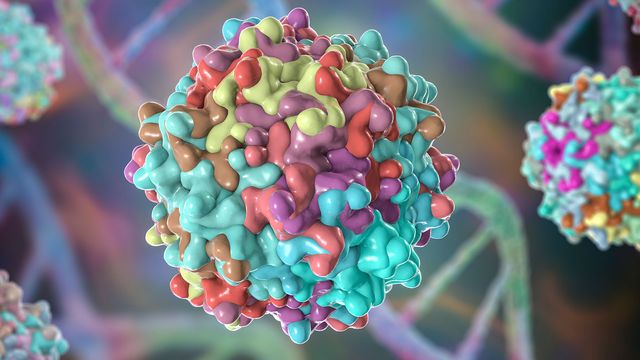
eBook
Harnessing Affinity Chromatography To Enhance AAV Purification
Adeno-associated viruses (AAVs) are considered one of the most effective and safe ways to deliver therapeutic genes for the treatment of a wide range of genetic conditions.
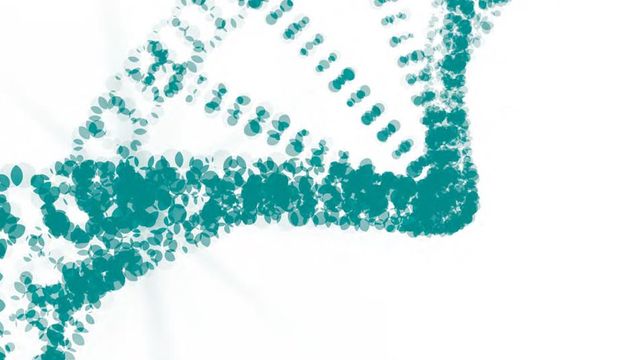
eBook
How To Become a PCR Pro
This eBook has been compiled with this in mind, and has everything you need to know about PCR, including tips on PCT to aid your success, how to set up a PCR lab from scratch plus reducing protocol for PCR.
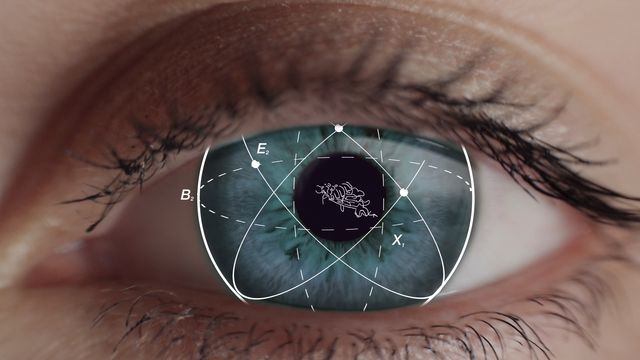
eBook
Fundamentals and Advances in Mass Spectrometry Proteomics
For this, we need to look at the ultimate output of the genome: the proteome. After many years in the shadow of genomics, proteomics is now ready to step into the spotlight.
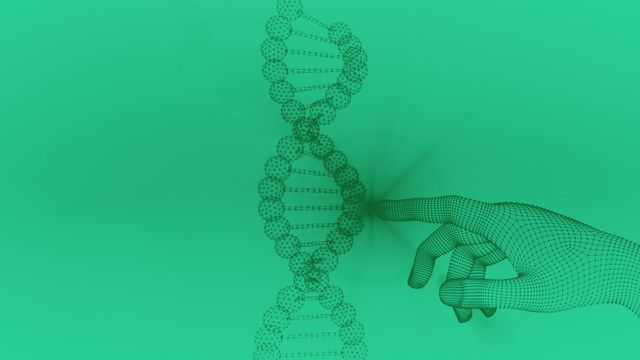
eBook
Optimizing the Design-Build-Test-Learn Cycle in Protein Engineering
This eBook is an essential read for anyone interested in the evolution of protein engineering and the impact of synthetic DNA on the optimization of protein discovery.

eBook
Analytical Solutions To Drive the Energy Revolution
This eBook explores innovative analytical solutions for battery testing and recycling, as well as the breadth of requirements for R&D and QA/QC.

eBook
Uncover New Drug Targets Through Cell Metabolism
Dysfunctional metabolism is associated with a growing number of different disease states. The ability to examine the genes, proteins and pathways that modulate energy metabolism is therefore a promising new avenue for drug discovery.
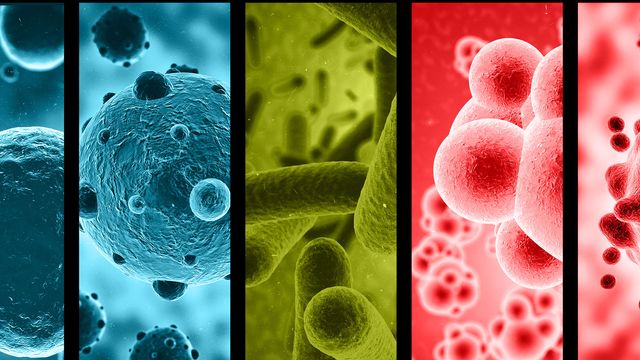
eBook
Flow Cytometry for Microbiology Research
Flow cytometry has not traditionally been considered a core component of the microbiology toolkit, however technical advances coupled with developments in microbe-specific staining, acoustic focusing and imaging are increasing the scope of its applications.
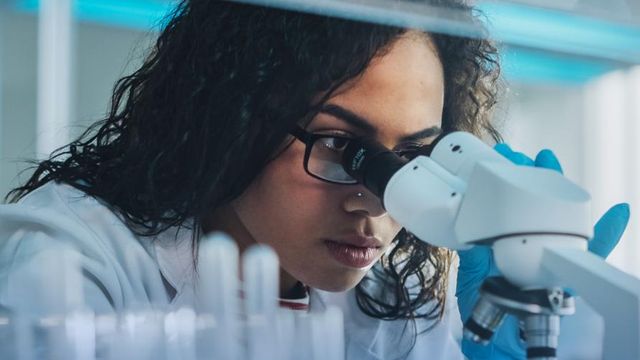
eBook
Which Level of Biosafe Lab Do You Need?
Working at the correct safety level depending on the given organism or toxin you are working with in a biosafety lab is essential to minimize the risk of laboratory-associated infections and contamination of the environment. Each biosafety level has its associated risk assessments, microbiological practices and containment procedures for you to follow.

eBook
Five Steps to a Biosafe Lab
Maintaining high-level biosafety laboratories is key in protecting public health, scientific research and national biosecurity. However, when working with infectious agents and toxins, there is so much more to consider than just the physical design and build of a lab.
Advertisement




